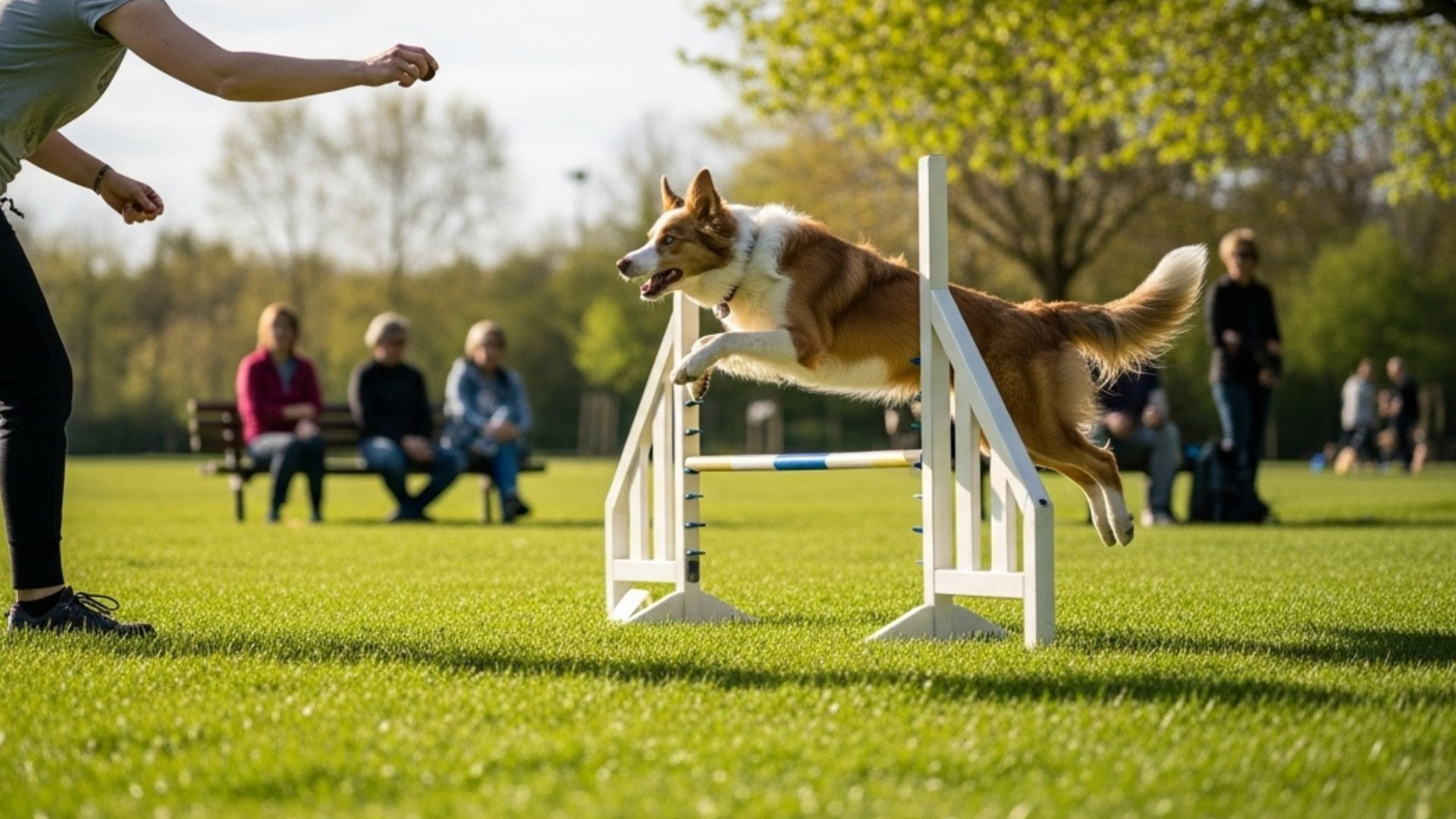Did you know some dogs have the brainpower of a two-year-old child? Yep — according to canine intelligence expert Dr. Stanley Coren, our furry friends can understand up to 250 words and gestures. That’s more than most toddlers on a sugar rush!
Picture this: a pup who not only fetches the ball but remembers where you last left your keys. Now that’s a roommate upgrade worth barking about.
Smart dogs don’t just sit and stay — they strategize. Some have been known to outwit automatic feeders, open doors, and even “pretend sneeze” for attention (yes, science confirms it).
In this article, we’re spotlighting the canine Einsteins who make learning look effortless — and training downright fun.
So grab your treats and your curiosity — these clever pups might just teach you a few tricks!
Clever Dog Breeds To Consider
1. Border Collie
Originating from the Anglo-Scottish border, this breed is often cited as the top intelligent dog on Dr Stanley Coren’s list — capable of learning a new command in fewer than five repetitions. Their “learning speed” and adaptive smarts make them ideal if you’re looking for clever dog breeds to consider.
AKC claims that with a mind built for herding sheep and reading human cues, the Border Collie blends instinctive, adaptive, and working intelligence in one sleek package.
To keep them happy, you’ll need to feed their brain just as much as their body — interactive puzzle toys, agility challenges, and regular obedience sessions will get their mental gears humming.
Training Vibes:
Learns commands faster than many breeds, often in five tries or fewer.
Excellent in obedience, agility, and herding sports.
May get bored or frustrated if training lacks variety or purpose.
Social Smarts & Emotional Quotient:
Tends to bond strongly with one person or a family unit, seeking leadership and focus.
Highly attuned to human gestures and moods — this breed “reads” you.
Thrives when given a job or a challenge; idle time can stress their emotional balance.
This clever companion will thrive only if you provide both physical and mental stimulation daily. Without it, you may face herding-behavior redirected into nipping, fence-hopping, or obsessive circling.
Consider games like scent-tracking, fetch with rules, or agility courses to channel that high IQ into productive and fun outlets.
2. Poodle
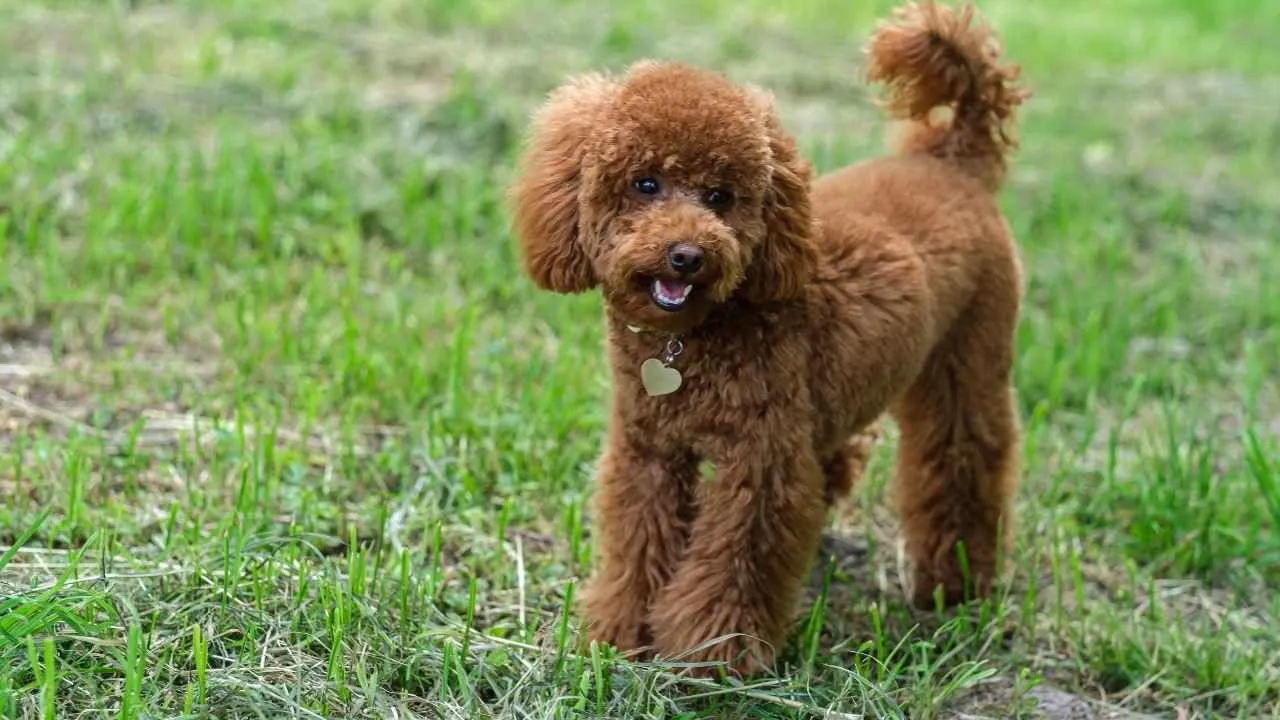
Elegant yet full of personality, the Poodle is more than a show-stopper—it’s one of the brightest minds in the canine world.
Ranked second among the most intelligent breeds, Poodles can learn new commands astonishingly fast, often within a handful of repetitions. They come in three sizes—standard, miniature, and toy—but all share the same sharp brain and eagerness to learn.
Poodles have an uncanny ability to interpret human tone and body language, making them not only obedient but deeply perceptive. Their intelligence stems from adaptive thinking—these dogs analyze, predict, and even improvise solutions.
PDSA recommends that to nurture this brilliance, vary training routines with puzzle feeders, scent games, or obstacle challenges that make them think before they act. Regular grooming is part of the package, but it doubles as bonding time that keeps them calm and connected.
Training Vibes:
Learns new commands extremely quickly and thrives on variety.
Loves to perform; excels in agility, obedience, and trick training.
Can become restless or mischievous without creative challenges.
Social Smarts & Emotional Quotient:
Highly responsive to voice tone and emotion; reads humans effortlessly.
Enjoys being part of the family’s rhythm and daily routine.
Needs structure to balance their sensitivity and curiosity.
A bored Poodle is a clever prankster. Keep their mind occupied with trick routines, new challenges, and interactive toys. They adore mental puzzles as much as they love applause—give them both, and they’ll reward you with devotion, focus, and the occasional playful eye-roll.
3. German Shepherd
The German Shepherd is the ultimate combination of brains, bravery, and loyalty. Ranked among the top three for working and obedience intelligence, it’s a favorite in police, rescue, and service work for good reason. Beneath that noble look lies a dog that craves purpose, precision, and partnership.
Britannica notes that German Shepherds process commands like a well-trained athlete, but what makes them remarkable is their ability to assess situations and make independent choices.
Their mind is built for complex problem-solving and multi-step learning. Keeping them engaged means offering variety—tracking exercises, scent detection, or advanced obedience sequences. A mix of mental tasks and physical outlets helps maintain their confidence and calm.
Training Vibes:
Exceptional learners; thrives under clear guidance and progression.
Shines in roles that demand focus and decision-making.
May overthink or become anxious if training is repetitive or aimless.
Social Smarts & Emotional Quotient:
Loyal to the core and protective of their family.
Highly intuitive—reads body language and emotions effortlessly.
Functions best with steady leadership and consistent routines.
A German Shepherd without purpose can get restless and vocal. Create daily “missions” like fetching specific objects, solving scent trails, or obedience drills that mix movement and thought. They’ll happily work for praise—and they’ll always remember how you made them feel while doing it.
4. Golden Retriever
Known for their radiant personality, Golden Retrievers are also quietly brilliant thinkers. Their intelligence shines through empathy, memory, and responsiveness, landing them among the world’s most trainable breeds. They learn quickly, but it’s their eagerness to connect that makes them such wonderful companions.
Golden Retrievers understand people on a deeper level—they sense moods, react gently, and love to make you proud. Their sharp memory helps them pick up complex tasks like therapy work, search exercises, and advanced obedience.
To care for them well, balance exercise with brain games: structured play, fetching variations, or hide-and-seek challenges that keep their problem-solving instincts alive.
Training Vibes:
Quick to learn and eager to please; great for positive-reinforcement training.
Performs best with variety—too much repetition can lead to distraction.
Perfect for service and family environments due to their patience and focus.
Social Smarts & Emotional Quotient:
Exceptionally empathetic and emotionally aware.
Thrives in social households; loves teamwork and connection.
Gentle with children and adaptable with other pets.
Golden Retrievers crave interaction. If they don’t get enough mental stimulation, they might turn their cleverness into sneaky mischief—like stealing socks just to spark playtime. Keep their days balanced with meaningful games, and they’ll repay you with unwavering loyalty and love.
5. Doberman Pinscher
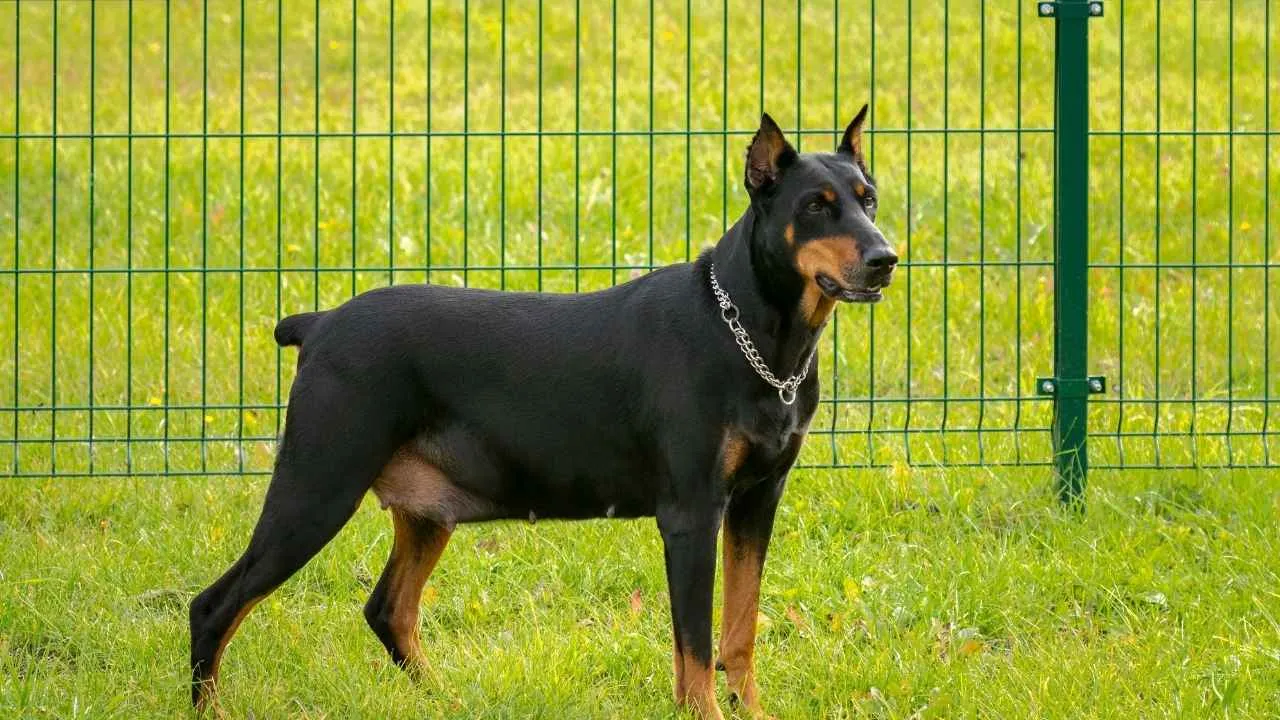
Sleek, powerful, and astonishingly intelligent, the Doberman Pinscher ranks among the most trainable working dogs in the world. Originally bred for protection and companionship, Dobermans are thinkers as much as they are guardians—quick to analyze, react, and adapt.
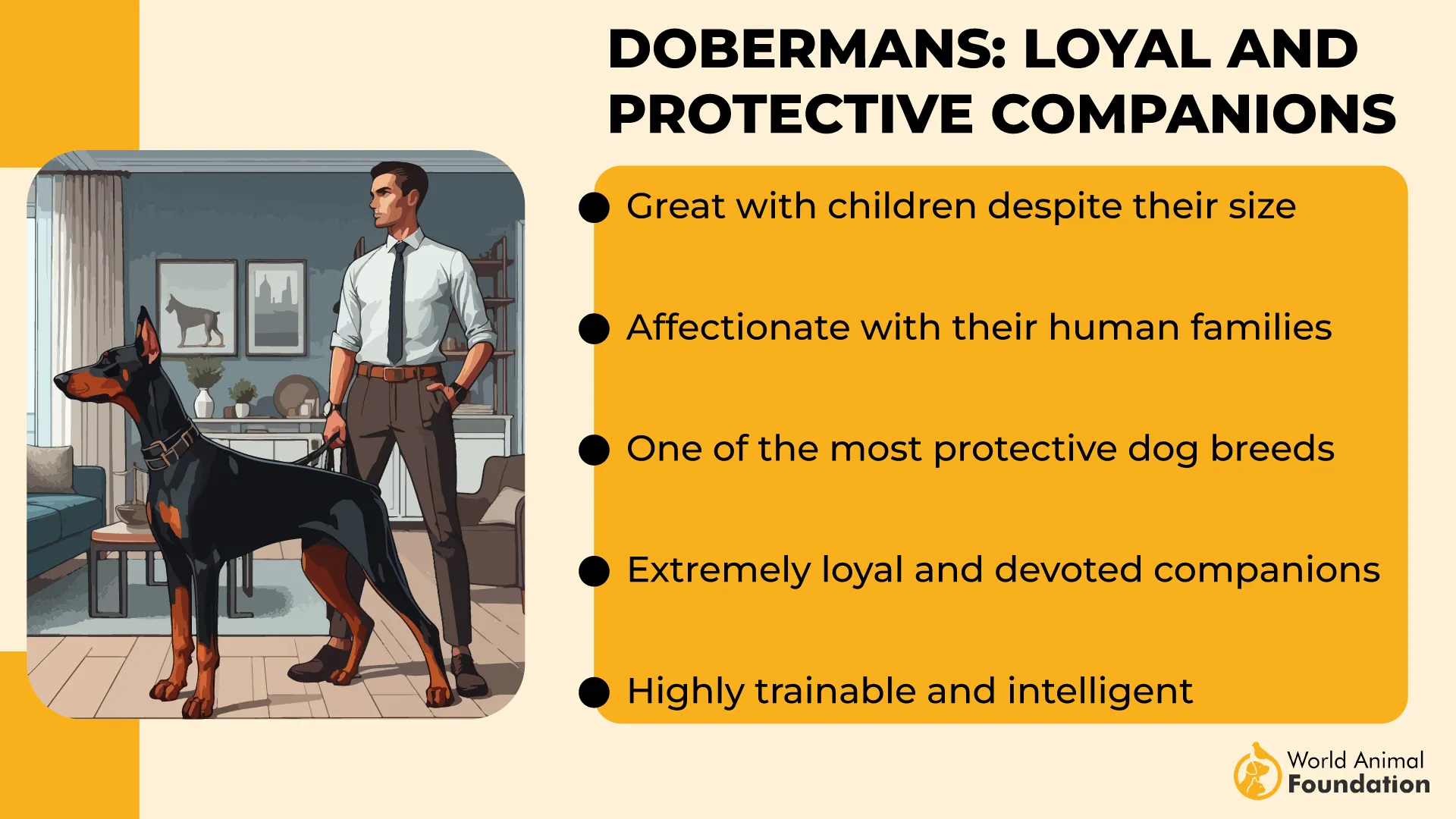
Dobermans are strategic learners who thrive when given responsibility. They absorb commands fast, but their brilliance really shines when training includes reasoning or choice-based exercises.
Confidence, not harshness, brings out their best. They love structured work, scent challenges, and agility courses that let them flex both muscles and minds.
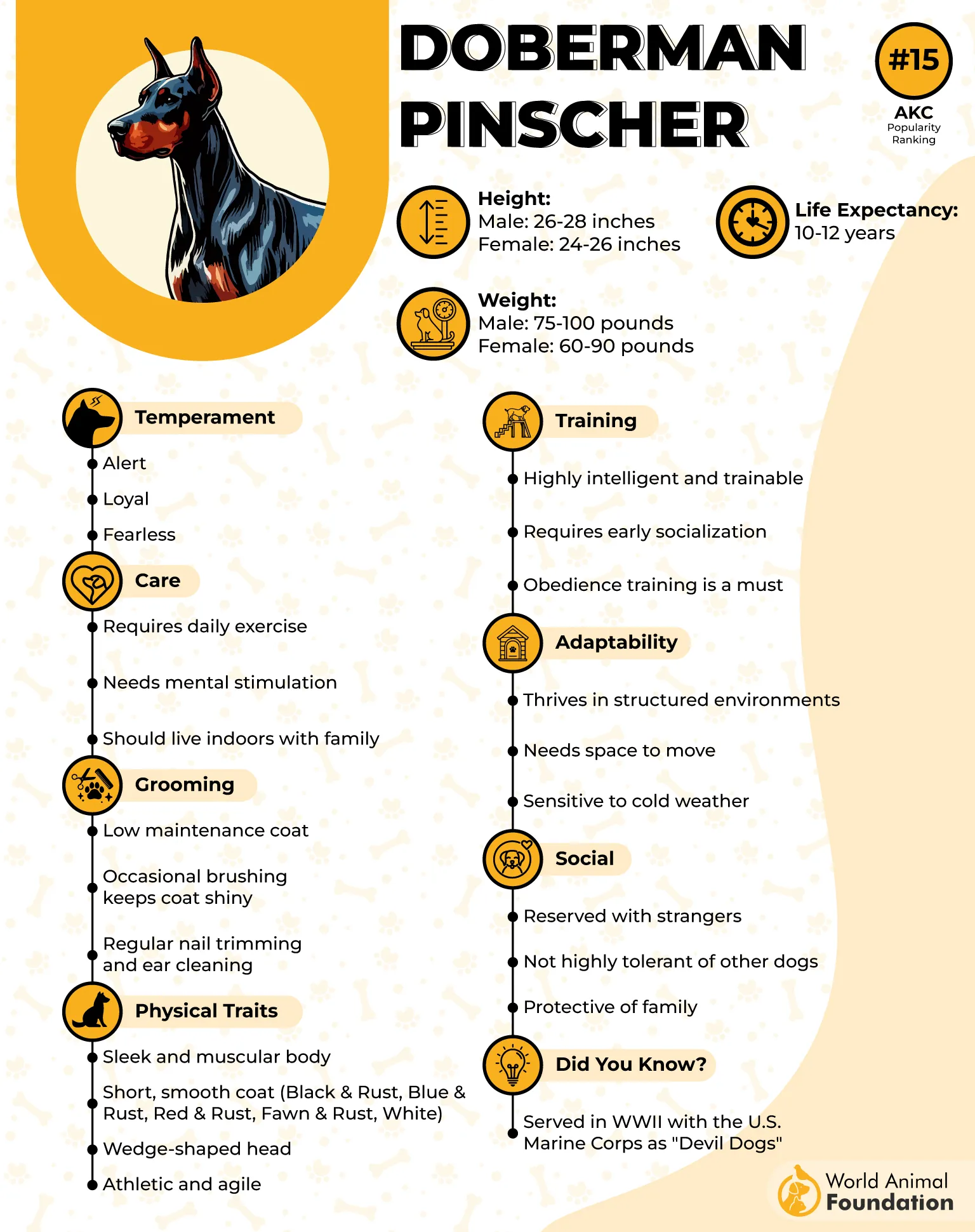
Training Vibes:
Exceptionally fast learners with natural focus and intensity.
Performs best with consistent, challenge-based routines.
May test boundaries if leadership is unclear or inconsistent.
Social Smarts & Emotional Quotient:
Deeply bonded to their humans and protective by instinct.
Picks up on emotional cues, responding swiftly to the owner’s moods.
Loyal and affectionate when treated as a thinking partner, not a tool.
A Doberman’s mind runs fast—too fast to idle. Without enrichment, they might invent their own “jobs,” like guarding the sofa or testing escape routes. Keep them stimulated with scent games, advanced recall work, or short, high-focus sessions that challenge their intellect and reinforce connection.
6. Shetland Sheepdog
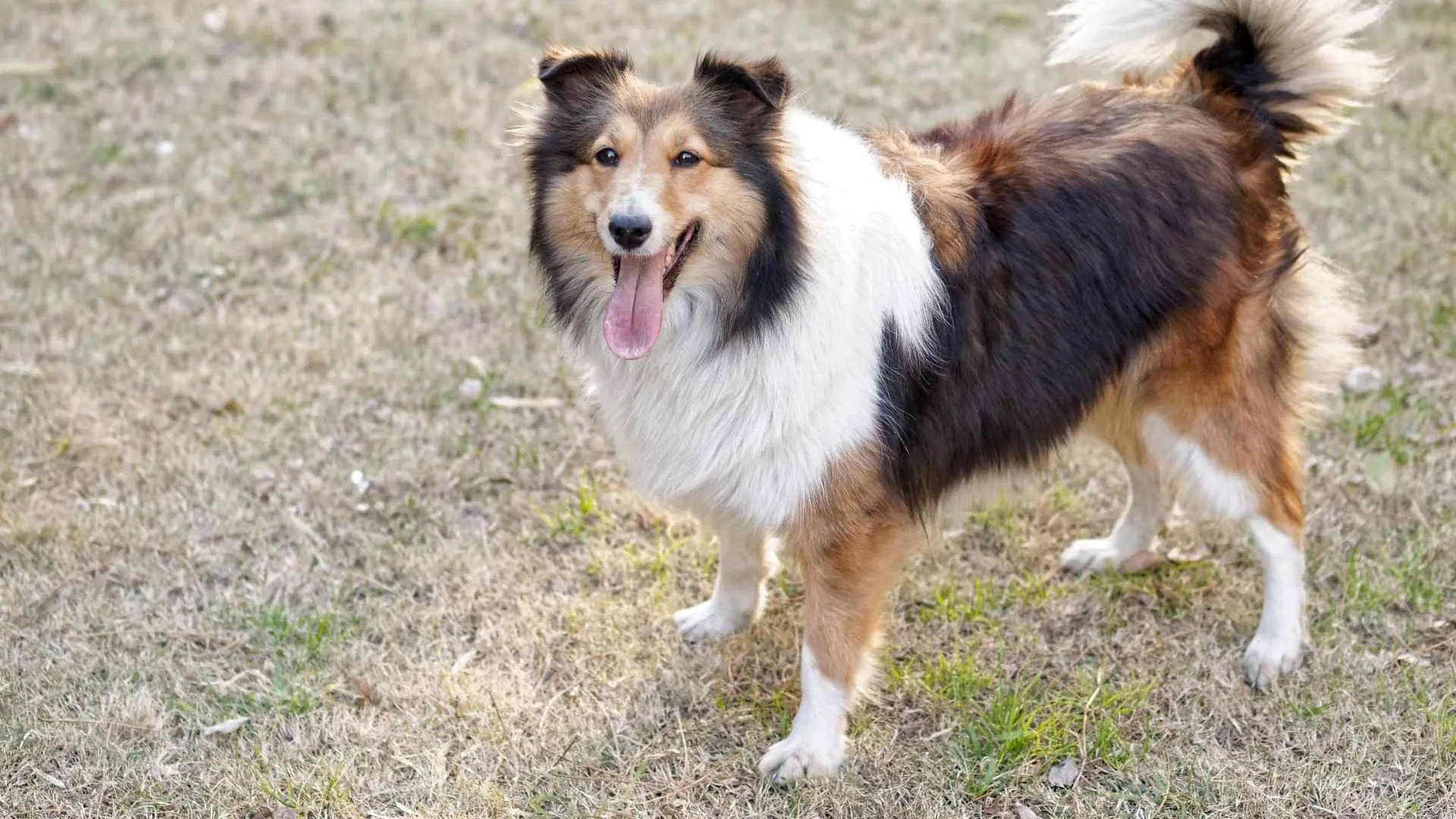
Small in size but bursting with brainpower, the Shetland Sheepdog is a herding prodigy. This breed ranks near the top for obedience and problem-solving skills, with the focus of a working dog packed into a compact, agile frame.
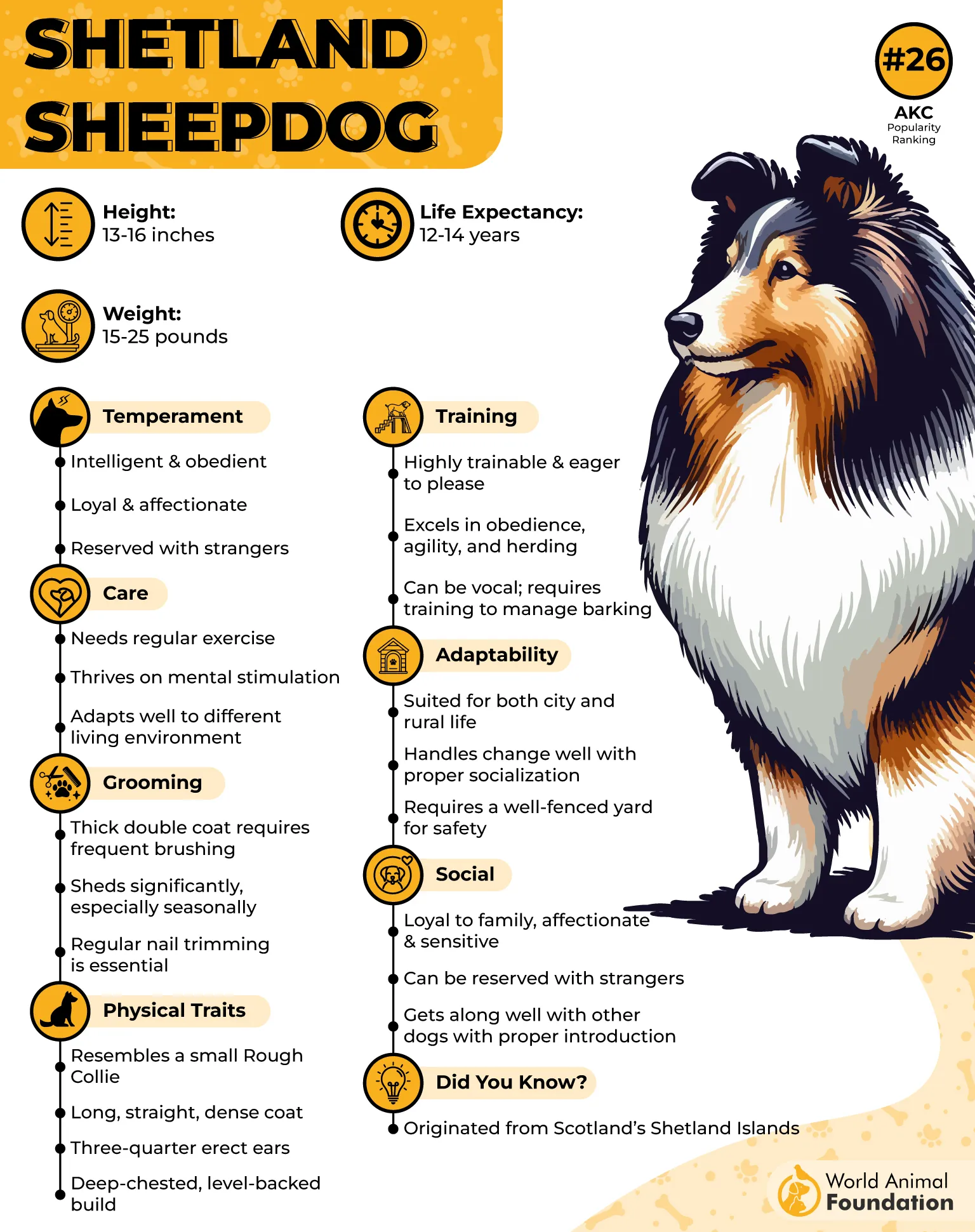
Shelties excel at understanding complex cues and sequences. They thrive on challenge—mental and physical—and love activities that reward precision and memory.
Training should be fun and fast-paced: think trick routines, mini-agility setups, or creative games that play to their alertness. Short, varied lessons work best to keep their sharp mind engaged.
Training Vibes:
Quick thinkers who love learning new tricks and sequences.
Excel in agility, obedience, and rally work.
Can become vocal or anxious if under-stimulated.
Social Smarts & Emotional Quotient:
Emotionally connected and eager to please.
Alert and responsive, especially to family cues.
Enjoys inclusion and thrives in communicative households.
Without enough stimulation, Shelties may turn their energy into over-alertness or herding household members.
Keep their day filled with challenges—hide-and-seek, puzzle toys, and directional games will all keep their brilliant brains humming. A mentally engaged Sheltie is cheerful, confident, and endlessly fun.
7. Labrador Retriever
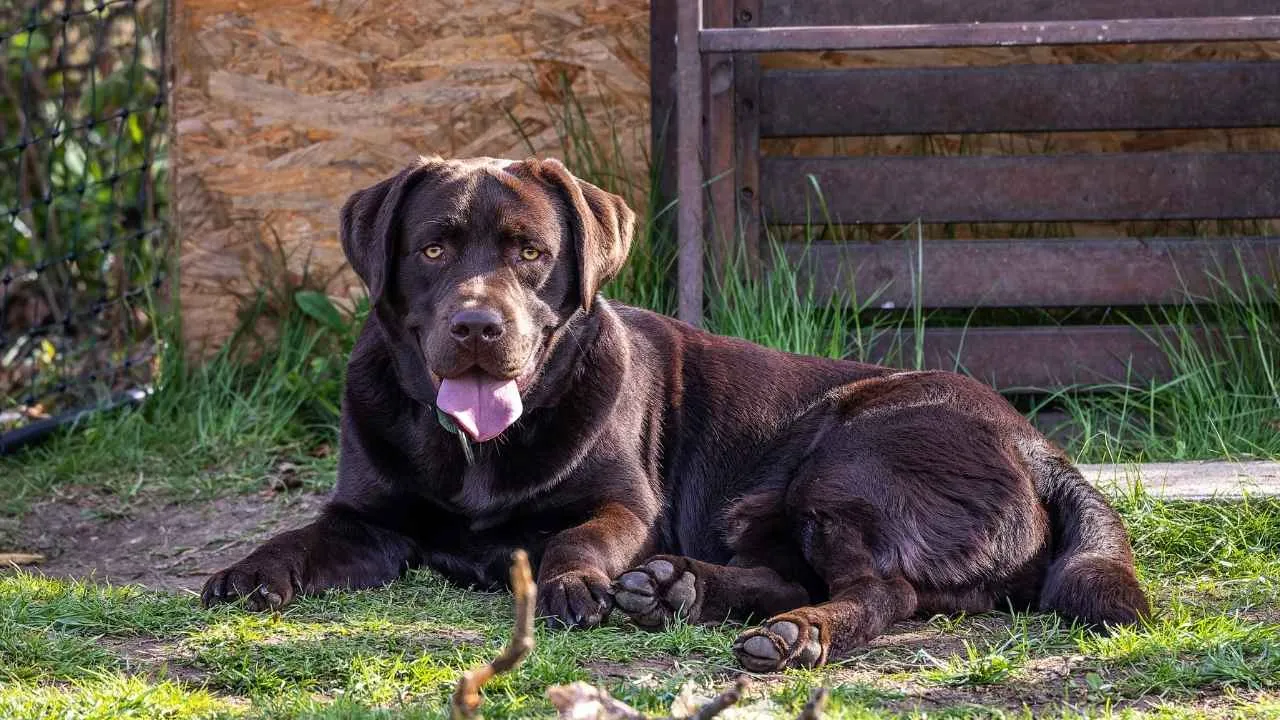
Friendly, focused, and famously trainable, the Labrador Retriever ranks seventh among the smartest breeds but first in versatility. From guide work to search and rescue, their intelligence, paired with their enthusiasm, makes them an unbeatable companion for both families and professionals.
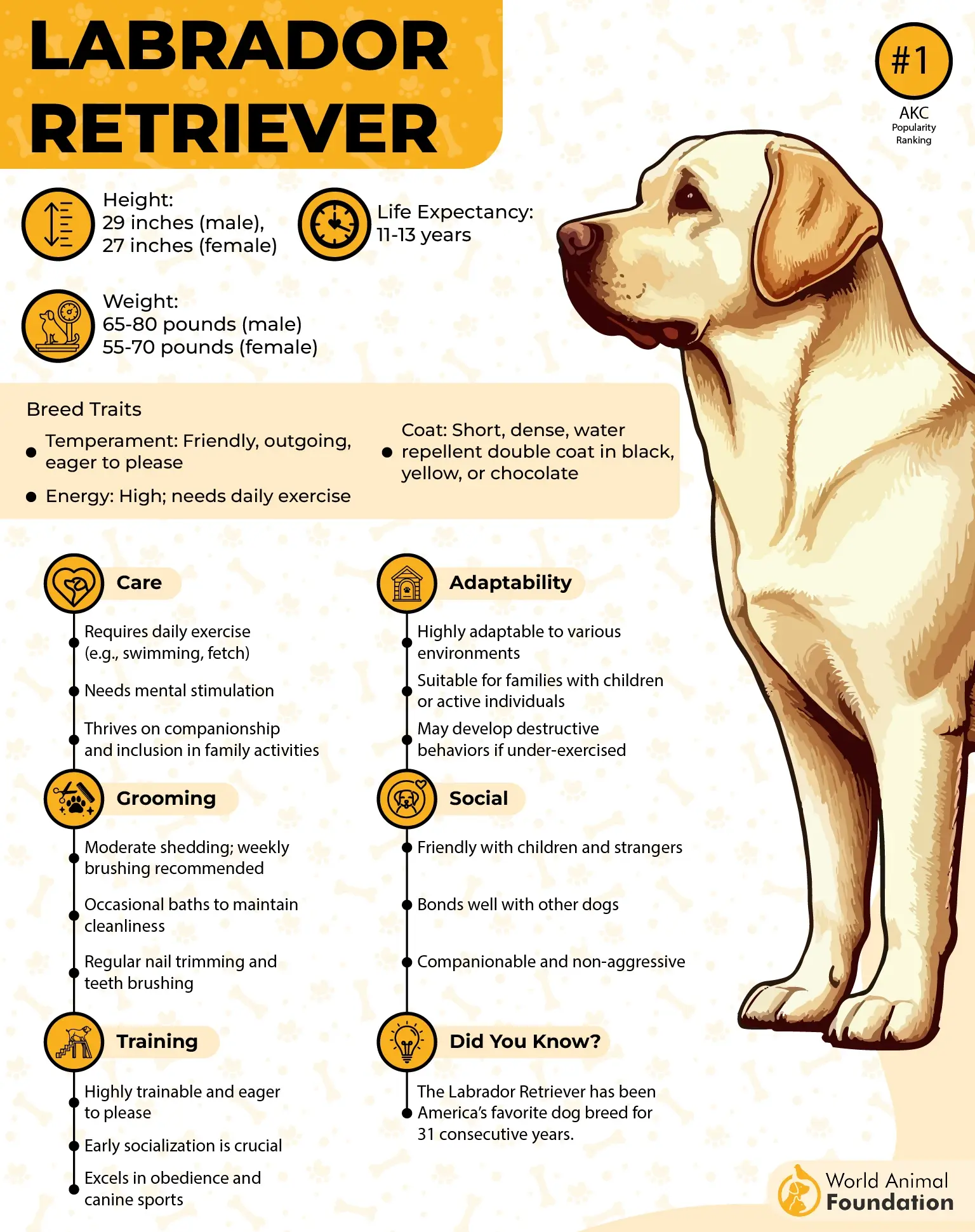
Labs are natural problem-solvers who love figuring things out. Their adaptability makes them masters of both work and play—they’ll fetch, track, or puzzle their way through any challenge.
To keep their sharp mind balanced, mix physical exercise with mental games: scent trails, hide-and-seek, and “find the toy” drills are ideal.
Training Vibes:
Absorbs new commands quickly and responds well to reward-based methods.
Performs well in structured, goal-oriented training.
Benefits from variation—repetitive sessions can dull their enthusiasm.
Social Smarts & Emotional Quotient:
Exceptionally social and people-oriented.
Connects easily with children and other animals.
Reads emotions and cues with an almost human-like intuition.
Labs have endless curiosity and energy. If not challenged, that brilliance may turn into chewing, digging, or “creative” exploration. Give them tasks to complete—fetching by name, retrieving items from water, or sniffing out hidden treats—and you’ll have a content, loyal, and happy genius by your side.
FAQs
What makes a dog breed truly “clever”?
A clever dog shows exceptional dog intelligence, quick learning, and adaptive problem-solving. These highly intelligent breeds—like Poodles, German Shepherds, and other intelligent sporting dogs—combine a keen sense with a strong desire to work and please. According to the American Kennel Club, such dogs often excel in agility and obedience competitions and make excellent companions and wonderful family pets.
Are clever dogs more challenging to care for than other breeds?
Clever dogs aren’t harder to love—they’re just highly active thinkers who need consistent training and mental exercise. Their boundless energy and instinct demand engaging routines and enrichment. With early socialization and patience, they become versatile dogs that thrive in family life and bond deeply with family members.
How can I train a clever dog to reach its full potential?
Start obedience training at a young age and keep it varied with physical challenges and agility competitions. Provide enrichment toys and consistent mental stimulation to sharpen their excellent problem-solving skills. With structure, play, and love, even toy Poodles or herding dogs can become highly perceptive service dogs, rescue dogs, or affectionate family pets.
Conclusion
Smartest dog breeds don’t just fetch—they outthink, outplay, and sometimes outsmart us! From the clever Poodle to the problem-solving Border Collie, these intelligent dog breeds redefine what it means to be teachable.
Other brainy stars like the Australian Cattle Dog, Miniature Schnauzer, and English Springer Spaniel prove that the world’s most intelligent dog breeds come in all sizes and temperaments. They shine in obedience competitions, rescue missions, and as affectionate family pets.
Ready for a life filled with clever tricks and loyal companionship? Choose your genius pup, grab some enrichment toys, and let the fun—and the learning—begin!


